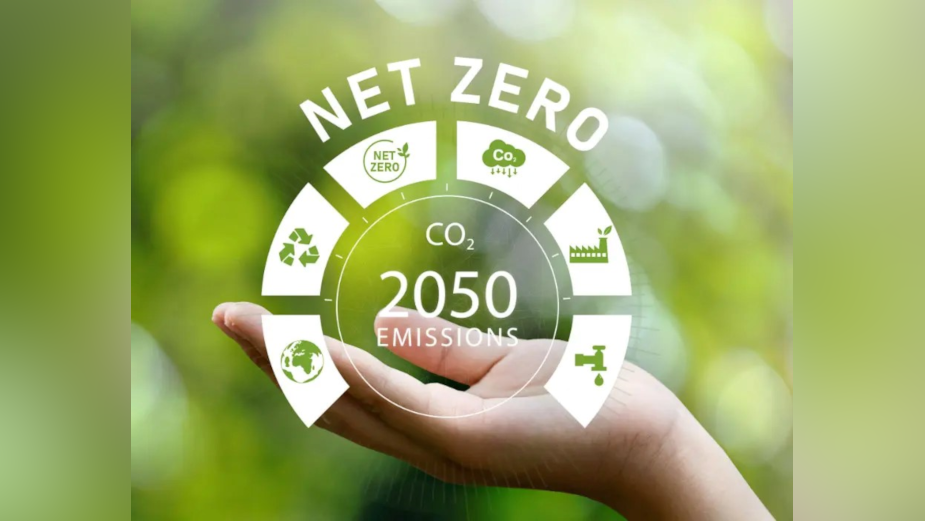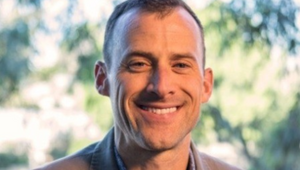
How Brands Can Adapt to Support Net Zero Ambitions

There are only around 26,300 days until January 1st 2050.
I’m telling you this not as a reminder to start planning your new year’s eve party or to impress you with my maths prowess, but because that’s the deadline for the government to achieve net zero emissions.
We don’t know what the world will look like in 2030 but right now, with just seven years to go, we’re far from being likely to achieve our net zero goal – a fact emphasised in new research which estimates there’s now a 66% chance we will pass the 1.5 degree Celsius global warming threshold in the next five years.
Sustainability and the net zero challenge is now unquestionably a business imperative, as many pledge ambitious emissions reductions to support targets. And our industry is going to be able to play a vital role in helping to move the dial in what is the defining image of our time. But how?
Ad Net Zero, the cross-industry alliance of UK advertising and media organisations, is a great source of ideas: see this piece by Sebastian Munden, who chairs Ad Net Zero, on the five things that should be on every company's sustainability to-do list for this year, and also keep an eye out for Campaign’s Ad Net Zero Awards, which spotlights the best work on sustainability, returning for a second year.
But there are many more things we can do. Here are five suggestions.
Understand there is no one-size-fits all solution
This means brands need to adapt their strategies and working practices to ensure they really are part of the solution and, at the same time, understand the expectations and demands of customers, utilising their needs to inform customer experience. A great place to start are the 3Ps: people, planet and profit – these focus areas for any sustainable business can be a jumping off point for new ways of working.
Update practices and policies
It is imperative to review all business operations from a sustainability perspective – and by all, I mean travel, energy and wastewater, to technology, and understanding how a company develops its products and services.
This might feel a bit on the mundane side but these operational changes really will start to make a difference to our carbon footprint. And of course it’s important to share these learnings – internally and with clients to ensure we are all keeping pace and we are reflecting those changes in the work we produce.
It’s also something our parent company, Omnicom, prioritises on a global basis. This includes the introduction of science-based targets and guidance to help agencies shrink their carbon footprints across five areas: Opportunities; Guiding Principles; Travel & Commuting; Office Life; and Employee Engagement. Each of these will detail a set of tactics, actions and projected outcomes against each area.
As a business with global clout, Omnicom is also using its influence to make offices net zero not just on a micro scale, but also in its contracts with landlords and suppliers.
Embrace AI to help you
One of the key outcomes from Davos was the role AI will play in helping businesses address their ESG efforts and impact climate change. At RAPP, we’ve developed a new tool called Foundry, which combines the latest open market AI with in-house technologies and brainpower to identify how well content performs. It does this across all existing media assets, on a scale not previously possible, meaning we can make significant reductions in waste, energy and resources.
Innovation is constantly happening, so we’re now looking at new tools to help us in areas such as reporting and identifying new actionable emissions insights.
Invest ad budgets in the right media channels
It would be terrible to do all this work only to inadvertently end up funding media channels which pedal climate change lies and denial. So it’s vital to analyse channels closely and ensure they fit with your ethical values.
Prioritise training and development
Develop sustainability learning and development programmes, engage with employees on sustainability issues, and talk about issues such as the United Nations Sustainable Development Goals – a blueprint designed to address the major global challenges faced by people around the world, from poverty and inequality to the impacts of climate change.
This will mean your whole team has sustainability in mind and that it informs decisions made across every part of the business, driven by marketing and brand building, and supported by technology – and will also trickle down into the thinking of a brand’s audiences.
In conclusion, we need to set ourselves our own brief: to make and adopt real change, and help clients to not only do the same, and ensure it informs and is evident in every step of the customer journey. And we need to start today.
After all, tomorrow there will only be 26,300 days to go – and that’s not all that long to save the world.












